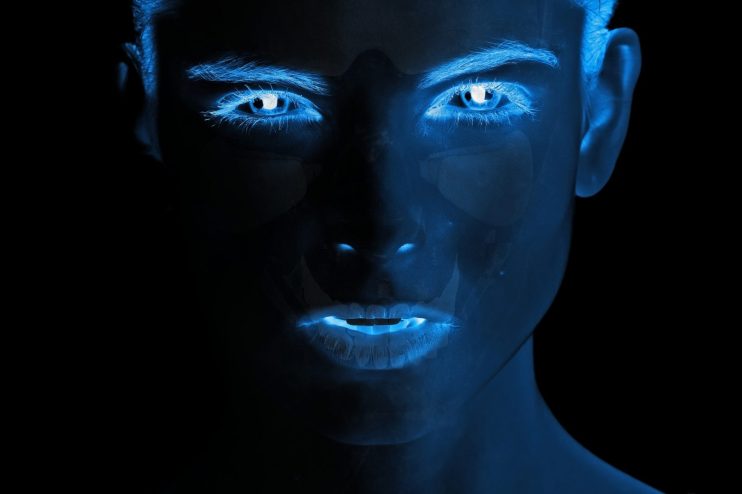There is a risk humans could lose control of AI machines, says deputy PM

The UK’s summit on artificial intelligence will look at protecting “humanity’s future” by countering the risk of “losing control of the machines”, the Deputy Prime Minister has told world leaders.
In a speech setting out the opportunities and dangers of AI, Oliver Dowden told the United Nations’ General Assembly that the daily rate of progress the technology was making would require countries to regularly meet to discuss the “necessary guardrails”.
Mr Dowden, who laid out a dystopian future of what could happen if AI development goes unchecked, warned that “global regulation is falling behind current advances” and called for international co-operation to ensure it is used for good.
The UK will host an AI safety summit in November, with Prime Minister Rishi Sunak keen to establish a key role for Britain in harnessing and regulating the technology.
Mr Dowden, a close ally of the Prime Minister, has led the UK delegation at the gathering of world leaders and top diplomats in the US as Mr Sunak stayed away.
The Prime Minister, who has blamed diary pressures for his absence, has been accused of snubbing the event.
Mr Dowden told the New York gathering on Friday that the AI summit, being held at Bletchley Park where codebreakers worked to decipher enemy communications during the Second World War, would “look at the most serious possible risks” associated with the emerging technology.
He told the 193 UN member states that experts gathering in Buckinghamshire would discuss AI’s “potential to undermine our biosecurity or increase the ability of people to carry out cyber attacks, as well as the danger of losing control of the machines themselves”.
The senior Conservative politician, in a message to those who “would say that these warnings are sensationalist or belong in the realm of science-fiction”, pointed to AI developers themselves warning that its potential should be treated with the same priority as a pandemic or nuclear war.
Even those behind its creation have admitted they cannot explain some of the ways that AI learns, he said, adding that the scale and speed of its advances was “unlike anything we or our predecessors have known before”.
“I do not stand here claiming to be an expert on AI, but I do believe that policy-makers and Governments ignore this expert consensus at the peril of all of our citizens,” he said.
“The AI revolution will be a bracing test for the multilateral system, to show that it can work together on a question that will help to define the fate of humanity.
“Our future, humanity’s future, our entire planet’s future, depends on our ability to do so.”
Mr Sunak has been openly pitching for the UK to be the geographical home of a centre for AI safety.
Mr Dowden said the UK was “uniquely placed” to respond to AI’s threats, being home to “world-leading” universities and “frontier” technology companies, while also having played a part in the “computing revolution”.
The UK has opted to invite China to the flagship AI safety summit in a move that has been criticised by some Beijing-sceptic Tories.
The decision was made despite relations with China having been strained by a series of security rows, including the arrest of a parliamentary researcher under the Official Secrets Act.
By Patrick Daly, Press Association
